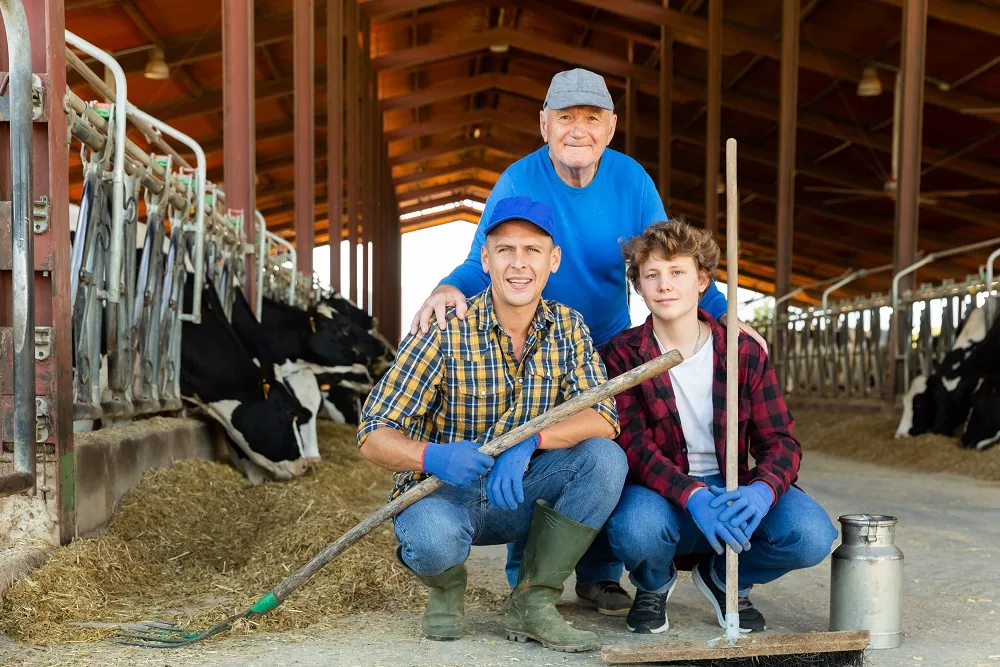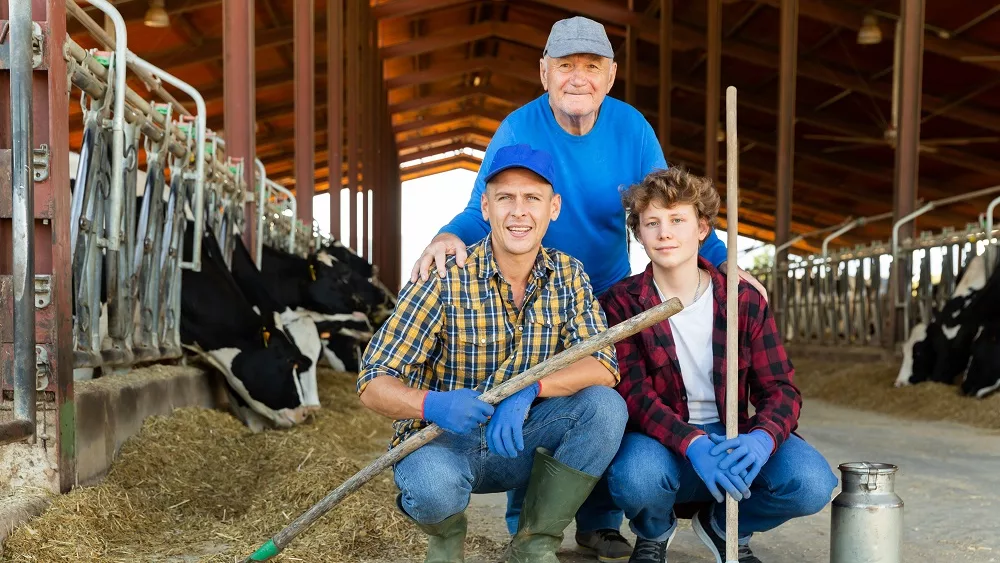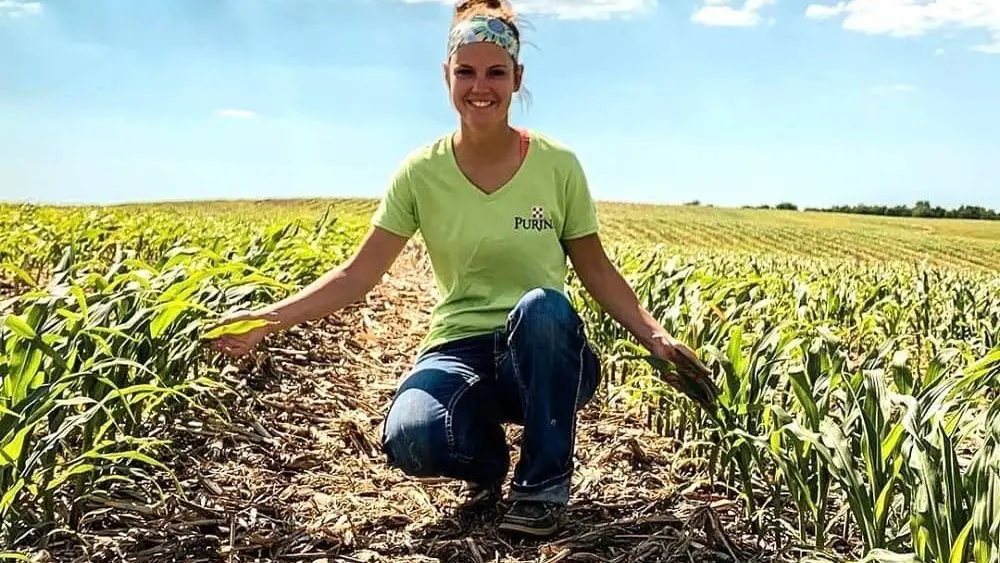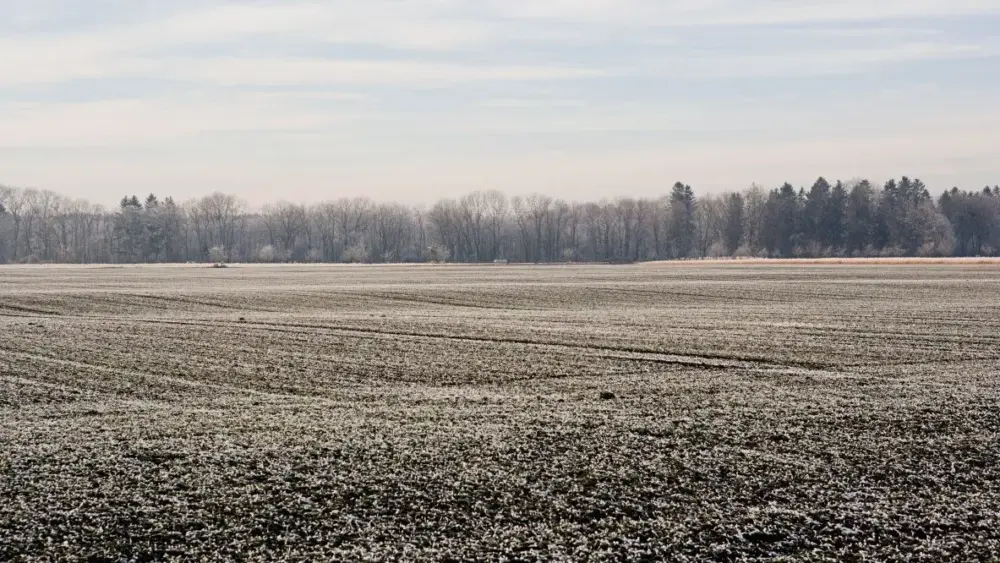
Chances are, if you’re a farmer, it’s because your dad and grandpa were both farmers. It’s also likely you may have inherited your farm from them—and you may be looking ahead to passing the family farm along to your children or grandchildren.
“This is truly an opportunity for the family to utilize mediation,” says Annette Wells, she’s Executive Director of Community Mediation Services based in Gaylord, Michigan. She also President of the Michigan Community Mediation Association, which oversees the Michigan Agricultural Mediation Program.
When it comes to putting together a farm succession plan, she recommends setting up a meeting with a professional mediator.

“Often times these are multi-generation farms, and so it’s everything from the out buildings to their cattle to the integrity of that farm and ultimately the product they have,” she says. “These conversations in mediation are confidential. A mediator is there just to help them keep it moving forward to ensure that they each have a voice and ultimately drawing up that plan of what tomorrow could look like for each of them.”
She also recommends that a succession plan be written down and in contract form as early as possible—in case of an unexpected health issue, accident, or something that may pop up that could make that transition far more challenging.
“You want to have that safeguard,” she adds. “It doesn’t always happen in one meeting in an hour and a half but you need a safe place to have a healthy conversation—not while you’re having Thanksgiving dinner. It should be at a separate time so that we can have a real open honest conversation so you can focus on the important things in your life, not the conflict nor the issues.”
For more information about the Michigan Agricultural Mediation Program, visit their website MichiganMediates.org.
CLICK BELOW to hear the full conversation with Annette Wells, as she goes into greater detail about farm succession planning with Michigan Ag Today’s C.J. Miller.






